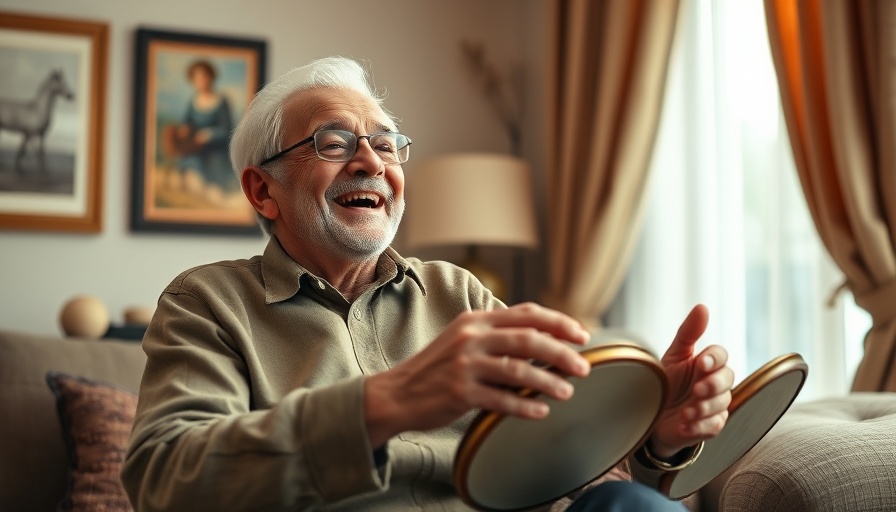
Music: The Healing Force of Holistic Care
Music is an intrinsic part of the human experience, serving as a soundtrack to our lives and a powerful tool that promotes healing, especially in the realm of holistic care. For many older adults, music can provide joy, evoke sweet memories, and inspire a connection that transcends both time and language. Across healthcare settings, particularly as part of dementia care, music has emerged as a critical component in promoting overall wellbeing.
Unlocking Memories Through Melodies
One of music’s most extraordinary capabilities lies in its ability to access deep-seated memories. For those living with conditions like Alzheimer’s or other forms of dementia, familiar songs can trigger vivid recollections of the past—be it the sound of a beloved ballad from one’s youth or a classic tune from a wedding. Neuroscience now backs up these experiences: studies reveal that music activates areas of the brain associated with emotional and long-term memories, preserving a unique bond between past and present. This capacity for music to awaken the mind facilitates meaningful interactions, enriches lives, and builds emotional connections with loved ones.
A Universal Language: Connecting Through Sound
Music knows no boundaries. Whether one is 25 or 95, sharing a song can foster an immediate connection that overcomes language and cognitive barriers. In care facilities, communal music sessions not only spark sing-alongs and foot-tapping; they unite residents in a shared, joyful experience. These moments help combat feelings of isolation and loneliness, creating a sense of belonging and community among residents.
Boosting Mental and Physical Health with Music
Research has shown numerous mental health benefits from engaging with music, including anxiety reduction, improved sleep, and lowered blood pressure. For older adults, structured music therapy can be particularly effective. It has been demonstrated to decrease agitation and elevate mood, leading to a better quality of life. Additionally, participation in musical activities—whether through singing, rhythm exercises, or even dancing—works wonders for maintaining motor skills and improving coordination. This gentle but crucial engagement in movement contributes significantly to health and independence for many.
Anavo: Integrating Music into Holistic Care
At Anavo, the philosophy of holistic care prioritizes not just physical health, but also emotional and social wellbeing. Music serves as a vital thread in this approach, seamlessly integrated into daily life for all residents. From allowing spontaneous dance sessions to creating tranquil spaces for reflection, music encourages self-expression and community. Anavo’s commitment is evident in how they personalize music therapy to enhance residents’ lives, drawing on individual preferences and creating moments of joy and connection. Every song becomes an invitation to relive precious memories and embrace the present.
Music: More Than Just Sound
In the realm of holistic care, music transcends mere entertainment; it becomes a fundamental aspect of nurturing the whole person. It revives spirits, reconnects individuals with their memories, and provides a source of comfort and joy. As compassionate caregivers, embracing the power of music allows us to enrich lives, foster connection, and ultimately affirm that we are all part of a larger human experience.
In a world that often feels fragmented, music has the potential to unify, heal, and inspire, regardless of age or background.
Take Action for Holistic Wellbeing
As we explore the profound impact of music on health and wellness, consider incorporating music into your daily routine or the care of loved ones. Whether it’s curating a playlist that resonates with memories or participating in community music events, engaging with music offers benefits that extend far beyond the auditory experience. Don’t miss out on the opportunity to harness the transformative power of music!
 Add Row
Add Row  Add
Add 




 Add Row
Add Row  Add
Add 








Write A Comment